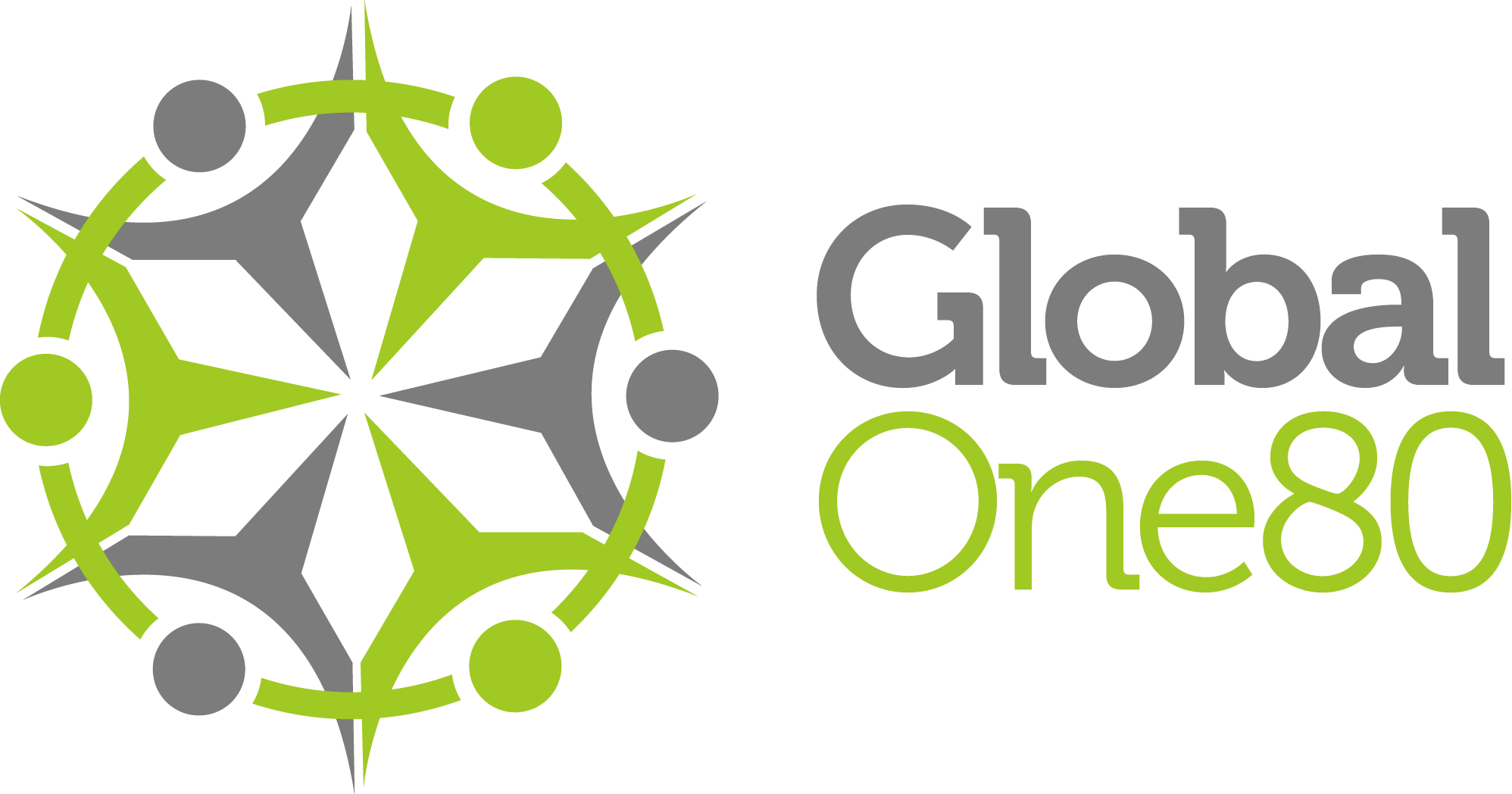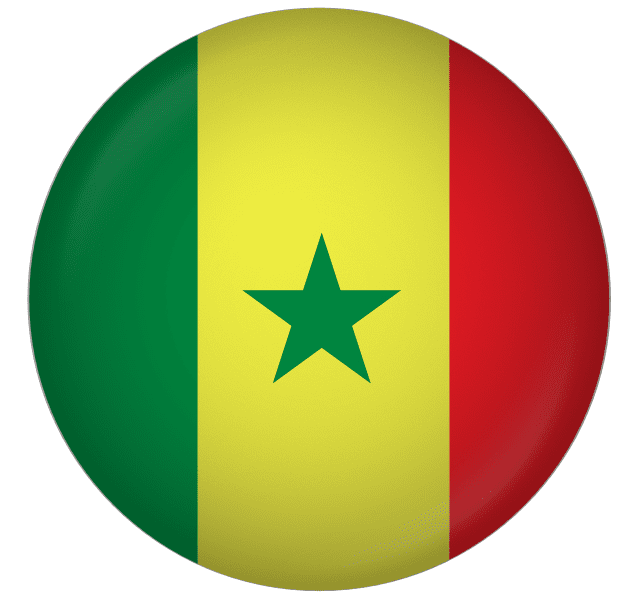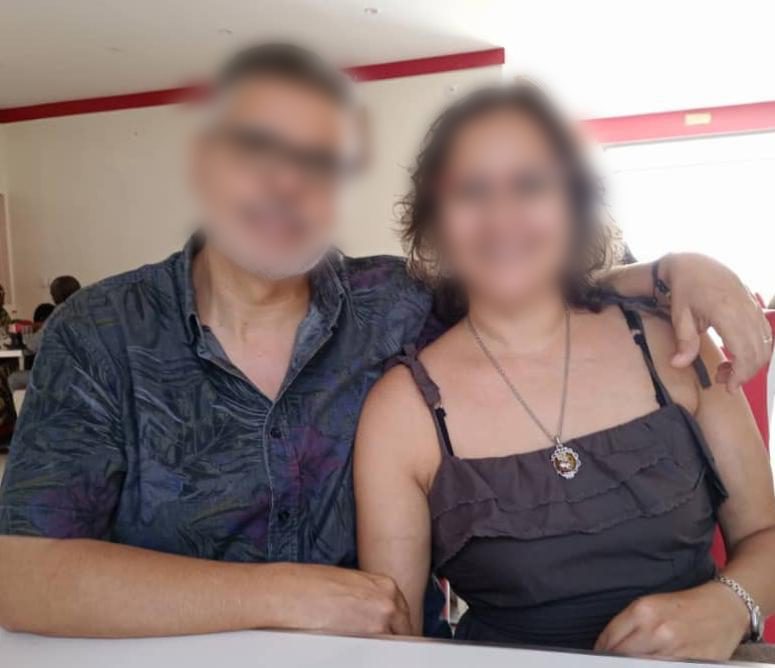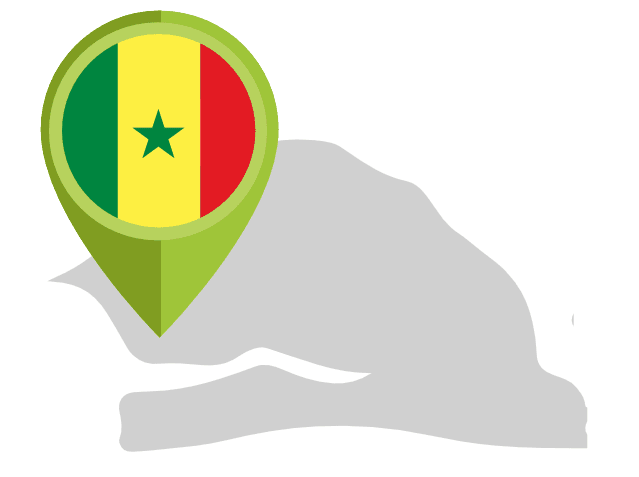Senegal is the westernmost country in the Old World, or Afro-Eurasia, and is a unitary presidential republic. The Senegal River, which runs through it on the east and north sides, gave it its name. The state was established as part of French West Africa’s independence from colonial authority. Because of this heritage, French is the official language. The country, like other post-colonial African republics, has a diverse ethnic and linguistic population. Senegal is regarded as a poor country with a high level of debt and a low Human Development Index.
The majority of the population lives along the shore and works in agriculture or other food-related businesses. Mining, tourism, and services are some of the other important businesses. Although there is a rainy season, the climate is mainly Sahelian.
The African Union, the United Nations, the Economic Community of West African States (ECOWAS), and the Community of Sahel-Saharan States all have Senegal as a member.
Today, Senegal boasts one of the most successful post-colonial democratic transitions in Africa, with a political culture that is akin to democracy. The president appoints local administrations and holds them accountable. As religious leaders of Senegal’s muslim brotherhoods, marabouts have a great political impact in the country.



